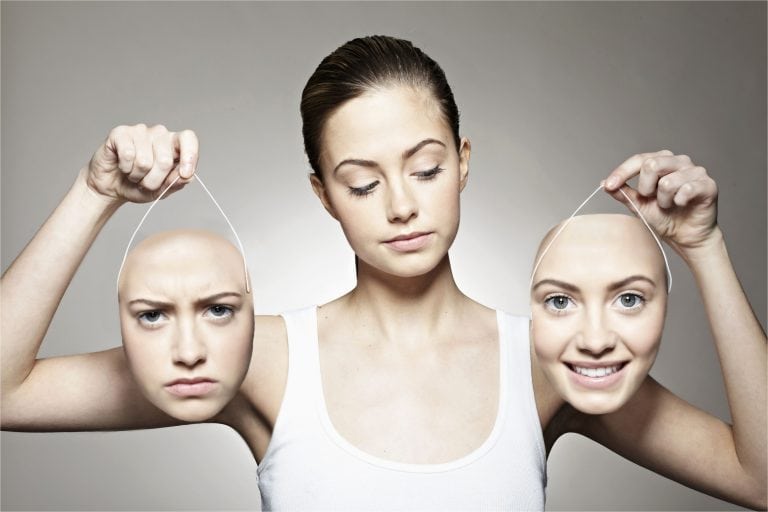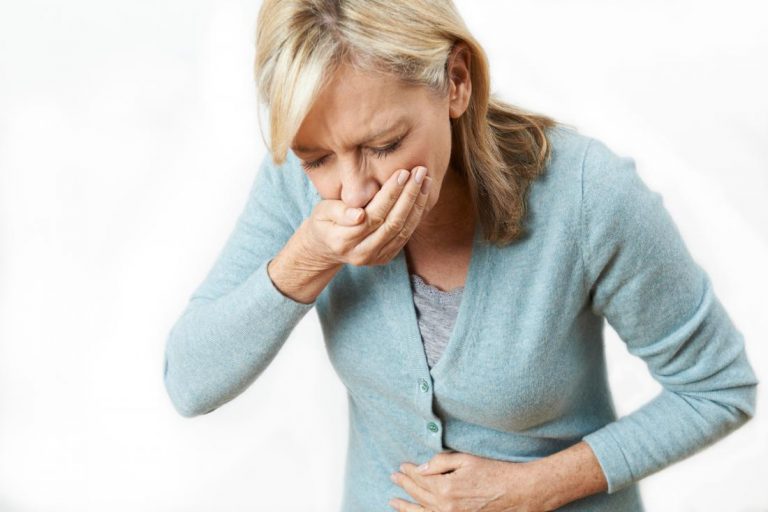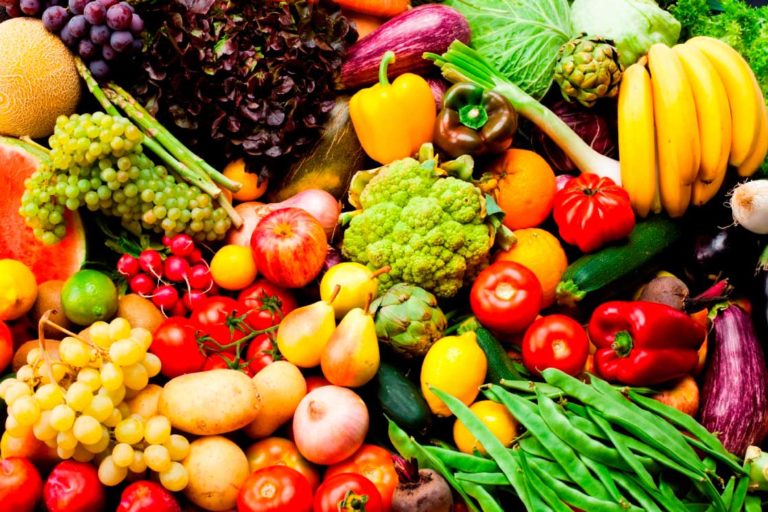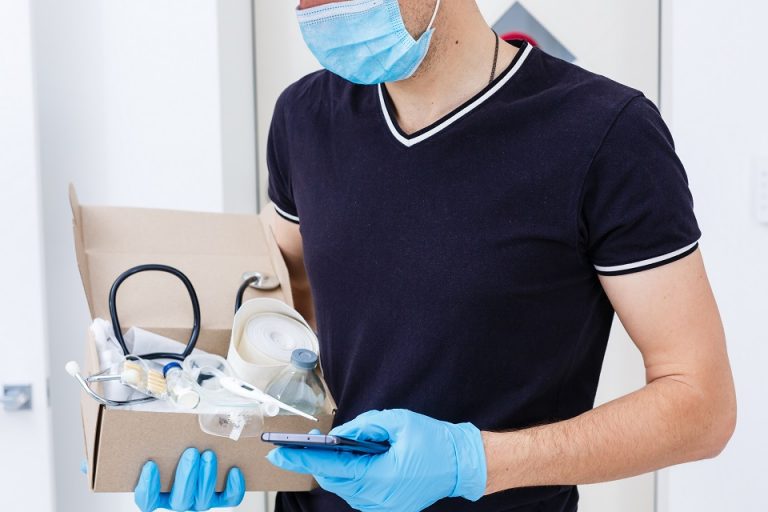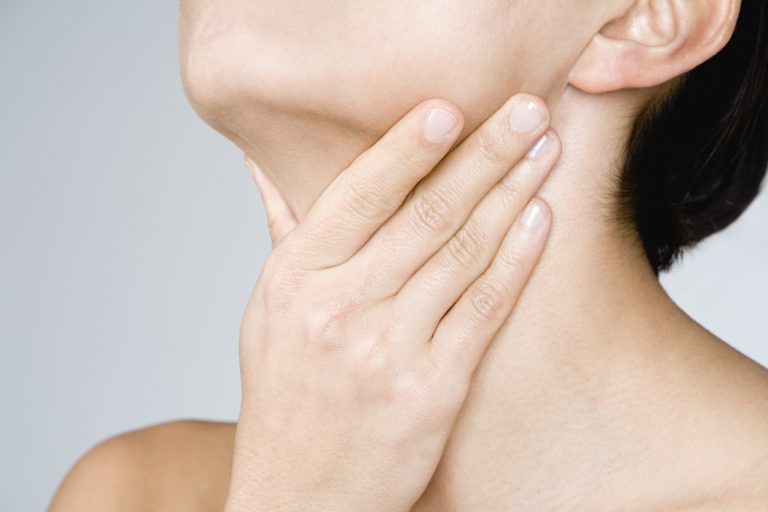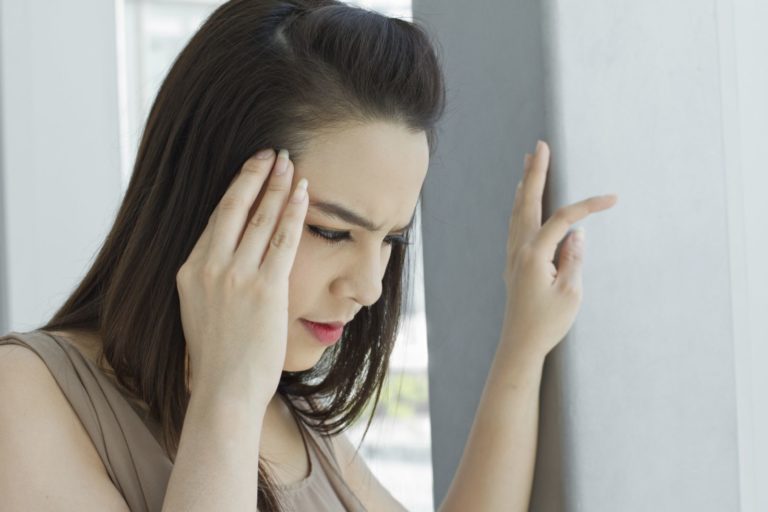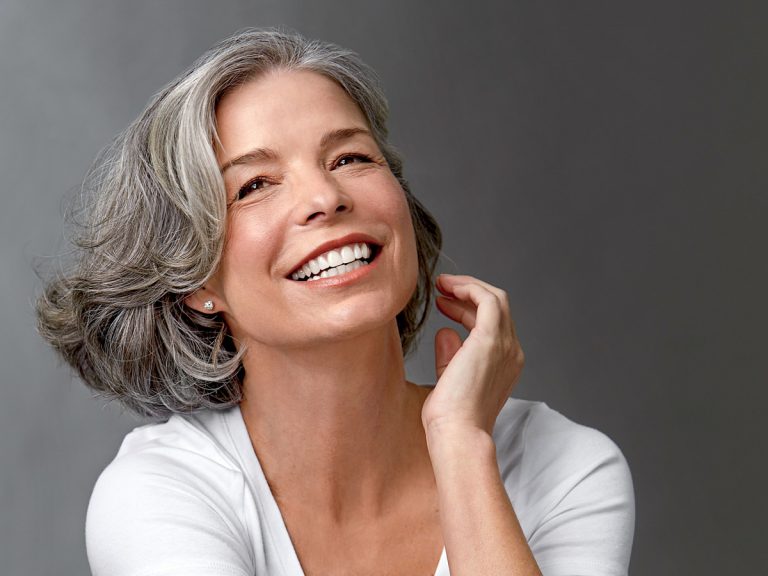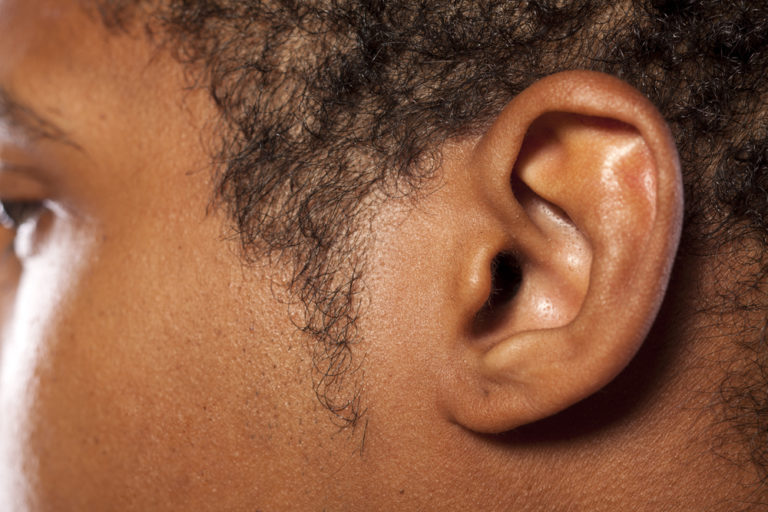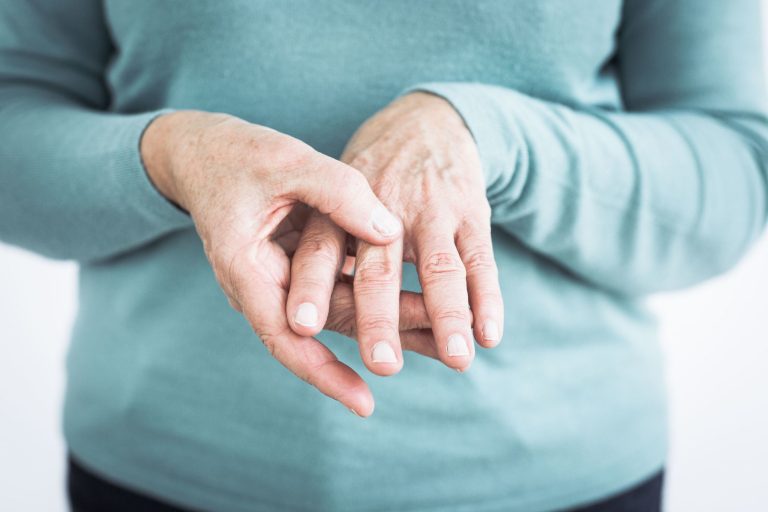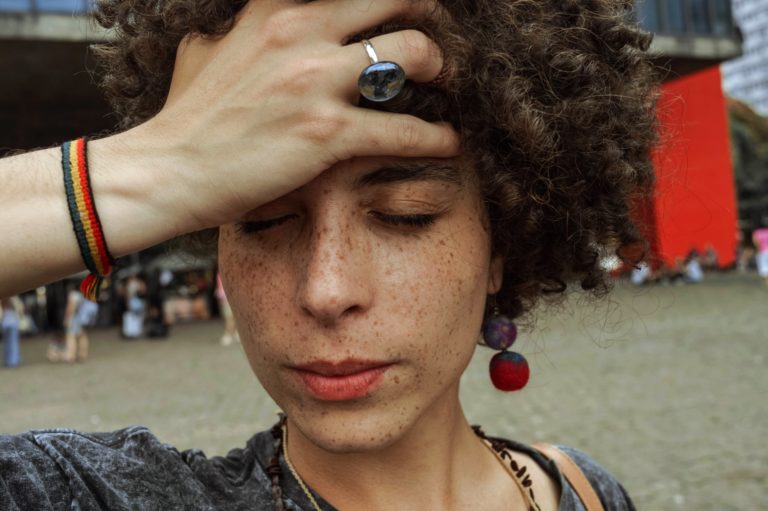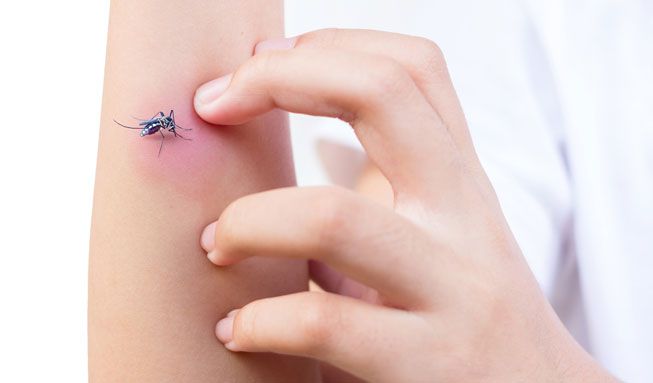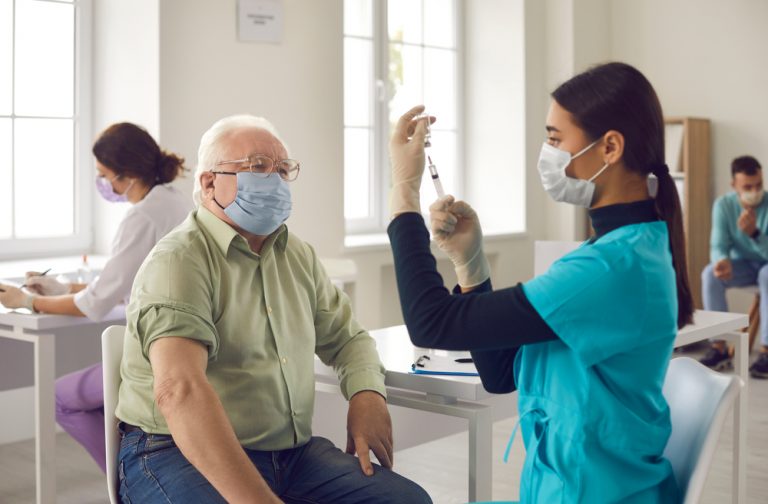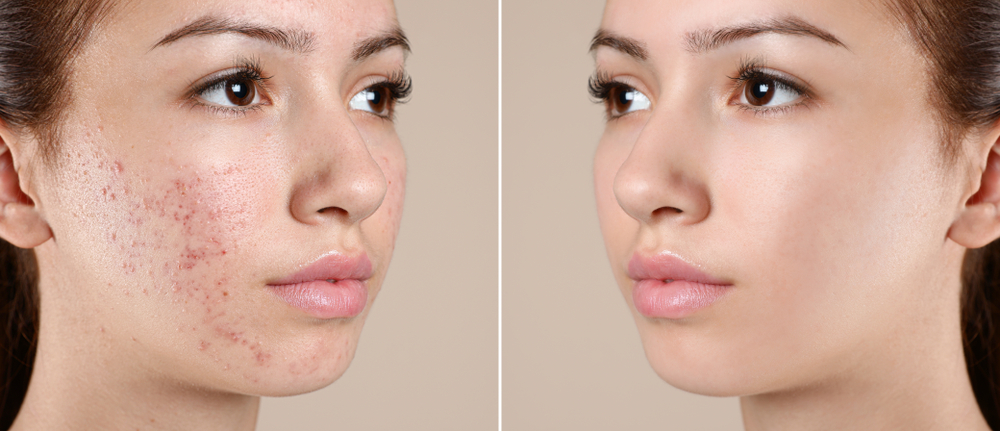
Acne (Acne vulgaris)
Acne vulgaris is a skin condition that can be found in people of all ages, causing anxiety among teenagers. So, acne occurs when your skin pores become plugged with oil and dead skin cells, causing blackheads, cysts, nodules, pimples, inflammation, or infection. As many of you probably know, your dermatologist may prescribe you an effective treatment for acne, but in many cases, this condition can be persistent.
However, many teenagers don’t understand the severity of this problem and try various skin care products, treatments or natural homemade products recommended by online influencers, instead of consulting a dermatologist. Unfortunately, these actions can lead to serious problems that make their acne worse. Some inappropriate treatments can burn your skin and cause deep wounds that will leave scars over time. So, don’t try on your skin what you see on social media even though they are recommended for people with acne, because your dermatologist is the only one who can give you the right treatment, preventing complications.
Acne can also occur in other parts of the body, such as the back, shoulders and chest. This condition is more likely to occur in areas of the body where sweat is present. In general, cysts and nodules are painful.
The most common causes of acne include excessive skin oil (also known as sebum), pores clogged by oil and dead skin cells, infections, inflammation, menstruation, hormonal disorder, puberty, excessive sweat and an inadequate skin care routine.
According to Dr. Caren Campbell, a board-certified dermatologist, “the driving force behind most acne is androgen hormones (aka testosterone) which drives oil production. This is why acne starts at adolescence with puberty. The increased oil on the skin creates a hospitable environment for the acne-causing bacteria to overgrow.”
“Dead skin cells also clog the pore, and other skincare products we put on the skin that are comedogenic, and then oil, dead skin cells, product and acne bacteria are all in the pore. The body doesn’t like this collection of bacteria and sends inflammatory cells to the site, causing painful lesions – cystic acne,” Campbell says.
So, if you want to improve your skin and get rid of acne, you can start by changing your diet, so here are 4 Foods That Might Be Giving You Acne.
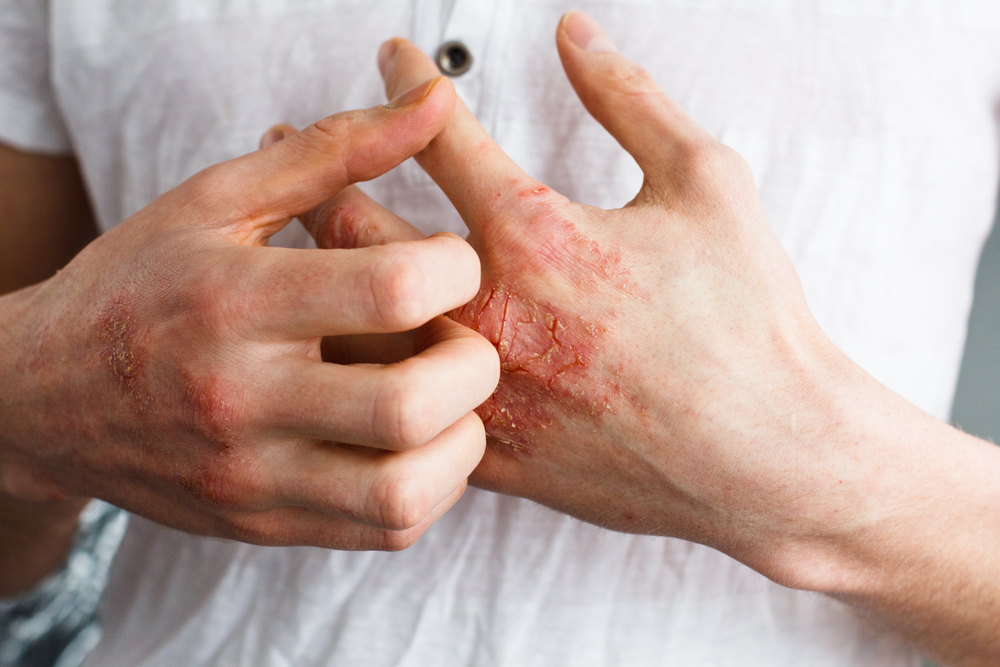
Atopic dermatitis (Eczema)
Atopic dermatitis, also known as eczema, is a skin condition that makes your skin red and itchy and is also one of the most common forms of eczema found in children. However, this skin disorder can be seen in people of all ages. Unfortunately, the exact factors that can cause this skin disease are still unknown, but some medical experts believe that it may be a genetically inherited condition, the environment or other conditions that affect the immune system as well.
In general, children are more likely to develop eczema on their face, but it can appear on hands, feet or other parts of the body as well. According to some recent studies, atopic dermatitis is more likely to be found in people with allergies, although allergies don’t cause eczema.
Medical experts say that eczema is a chronic disease, which means that it will continue to occur again and again for a long time. Anyhow, your dermatologist will prescribe you the right treatment to reduce the symptoms. The most common symptoms of eczema include dry and red skin, itching, cracked and sensitive skin.
Speaking of eczema, these articles can help you find out more information and remedies: Common Types of Eczema Dermatologists Want You to Know and Best Natural Remedies for Eczema.



